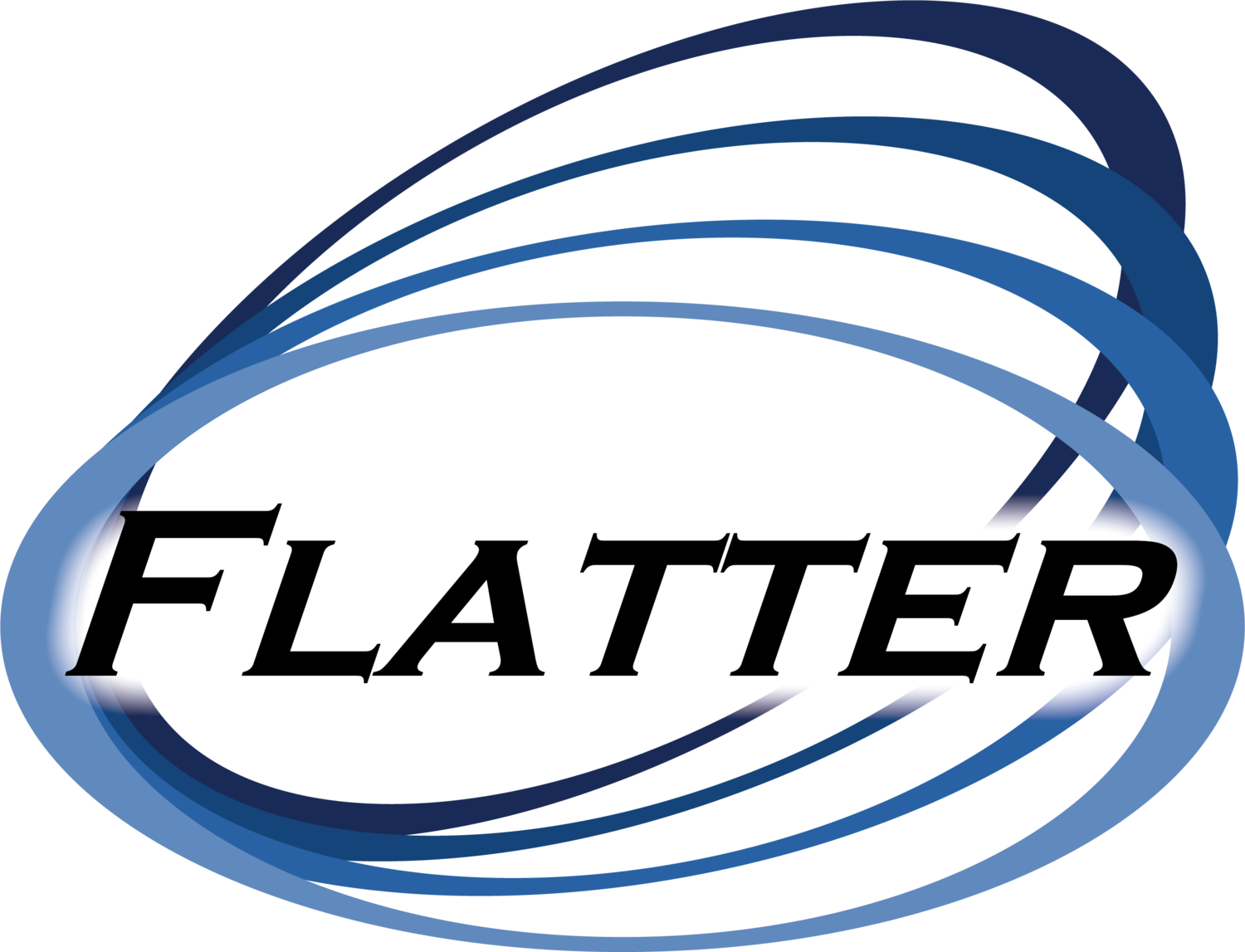Flatter, Inc. (Flatter) has been providing equipment, training, and logistics to our U.S. Department of Defense and Civilian customers CONUS and OCONUS since 2014. Flatter further matured our processes by adding International Traffic in Arms Regulations (ITAR) registration and compliance to our capabilities.
ITAR is a set of U.S. government rules that control the import and export of various technologies, services, and articles on the U.S. Munitions List. Compliance gaps can create significant national security risks for the United States. Flatter has adopted strong ITAR compliance practices across our entire portfolio. We also track equipment through a comprehensive catalogue in Deltek CostPoint. Our ITAR processes are a part of our larger Quality Management System (QMS) that is compliant with ISO 9001:2015 and ISO 27001:2013 international standards. Additionally, Flatter’s registration number is M45156.
As a Service-Disabled Veteran-Owned small business (SDVOSB), we strive to deliver excellence in meeting our clients’ needs and ensure mission success. When asked to reflect on what this maturation means to Flatter, Brittany Chiang (Chief Executive Officer at Flatter) stated, “This ITAR registration is just one more tool that complements the support we are already providing in supporting U.S. customers internationally in countries like Qatar, Mali, Burkina Faso, and Colombia. ITAR compliance helps ensure that we are protecting U.S. interests domestically and abroad.”
About Flatter
Flatter, Inc. (Flatter) is a premier support services company that plans, integrates, and sustains holistic, best-in-class Support Services Solutions for our Government Partner-Clients. Flatter achieves these solutions through our strong history of delivering Prime Contractor Program Management expertise – disciplined by our ISO 27001 processes – across numerous complex Government programs. Concurrently, Flatter possesses deep proficiency across a focused suite of core services that maximize our Partner-Clients’ operational effectiveness while simultaneously ensuring the most efficient use of their fiscal resources.



